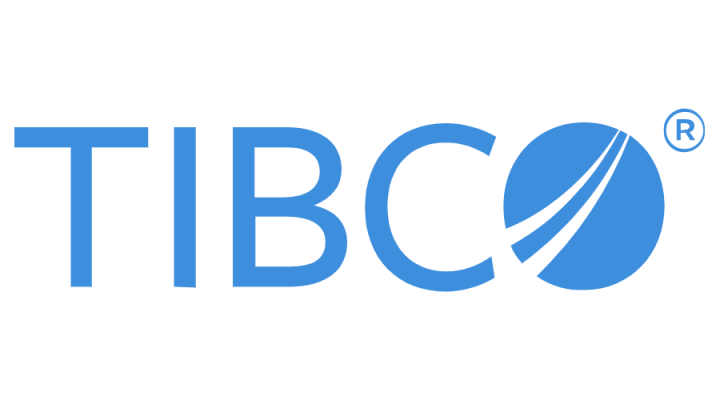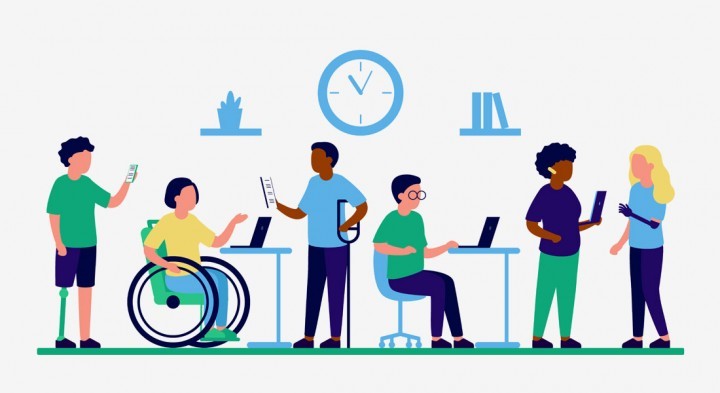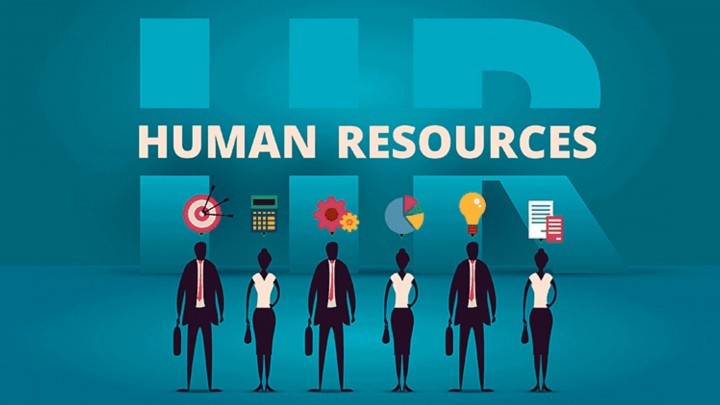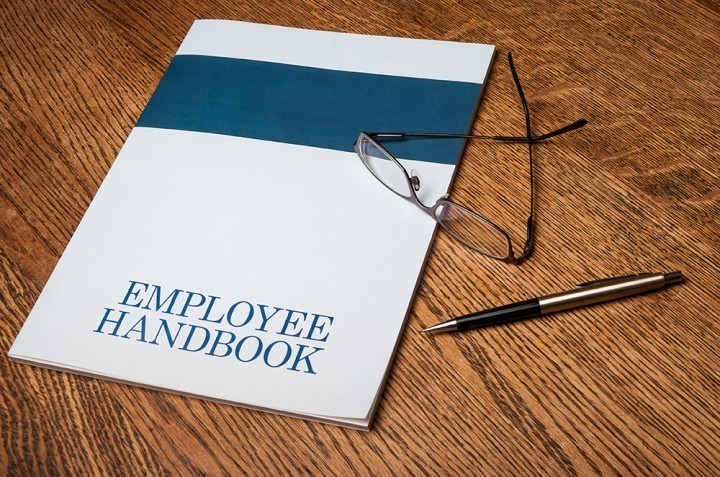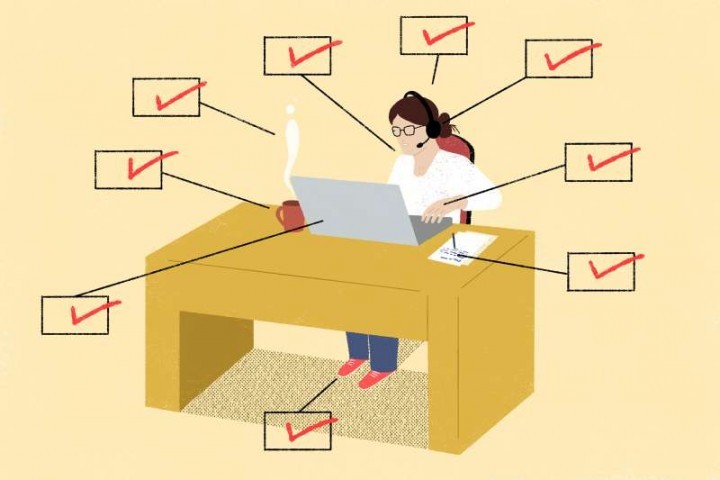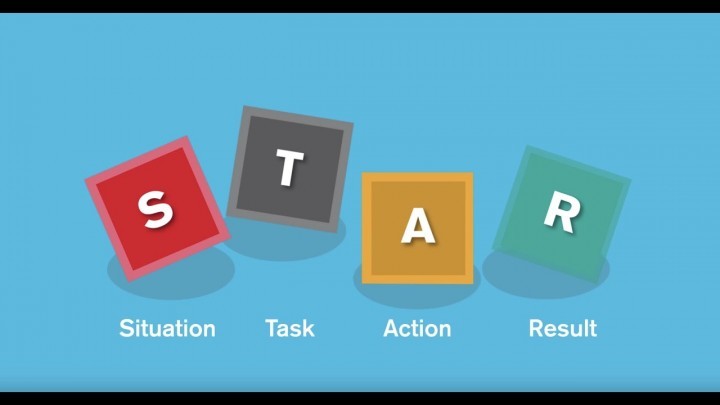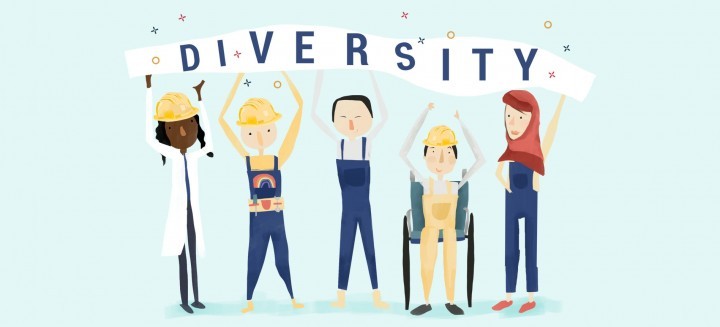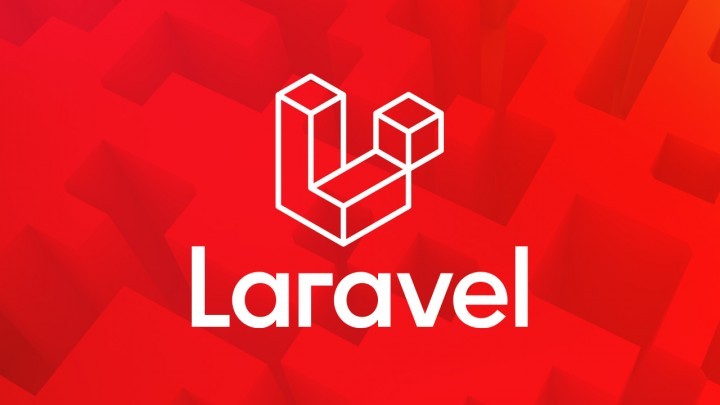
What is Behavioral Event Interview (BEI)?
Behavioral Event Interview (BEI) is a way of interviewing others in a structured form and is widely used in selection processes for new employees to identify certain behavioral aspects.
The technique is based on the assumption that predicting future behavior should best be based on the knowledge about the candidate’s past behavior. This explains why the word ‘behavior’ plays a prominent role in BEI naming. Furthermore, the technique is based on the fact that knowledge and behavior from the past play a crucial role in how someone will behave in the present as well as in the future.
Why Behavior based interview?
Behavioral interviewing is a simple yet highly effective method of determining a candidate’s qualifications. By using behavior-based interview questions, you will:
- Hear real-world examples of skills and abilities: Instead of using hypothetical questions to assess the candidate, they provide examples from previous job experiences that showcase their ability to meet the demands of the position.
- Gather more than prepared information: Questions based on past behavior provide a genuine assessment of the candidate and eliminate the possibility of disingenuous, canned responses.
- Decide whether the candidate moves forward in the process: In learning how the candidate previously used their skills and abilities, you’ll compile enough information to have a strong idea as to whether they are qualified for the position.
Now that you understand the importance of asking behavioral-based interview questions, HRavailable explains how to conduct an effective behavioral interview.
How to Conduct Behavioral Interview?
Here are just a few of the suggestions that HRavailable offers our clients on how to conduct a behavioral interview.
- Use a process of discovery: Rather than resorting to predictable, structured questions, use questions especially geared to each candidate when you hear answers that need follow-up. Clarify what you hear until you feel satisfied that you're seeing the real person.
- Take time to get the complete picture. It's important to know the combination of a candidate's strengths and limitations. The competencies you're looking for don't stand alone and need to be considered about all of a candidate's qualities. For example, someone who has strong analytical skills can lose much of that advantage if they are not also decisive.
- Don't just rely on questions that prompt specific examples. This makes it more likely you'll inadvertently telegraph or reveal the response you're looking for and makes it easier for candidates to respond with prepared answers. Competencies that emerge naturally from the interview are more powerful and believable than requested or prompted examples of competencies.
- Seek repeated evidence that shows a pattern of behavior. This is far stronger than a single example and requires you to cover multiple jobs or periods.
- Drill down for specific details with every story you hear. Focus not just on the candidate's version, but ask how knowledgeable co-workers would describe the same event. When candidates claim results from what they did, ask for specific metrics and probe for further details.
- Ask what the candidate learned from past experiences. This reveals the capacity to grow in a job and helps confirm the authenticity of claimed accomplishments.
Interviewer’s Role in a Behavioral Interview
While the candidate is answering your questions your job as the interviewer is to be an active listener who is looking for the following key behaviors:
- Intelligent responses to given situations
- Good or poor reactions
- Self-motivation and self-direction
- Problem-solving ability or problem-making ability
- Positive, pro-active, or can-do attitude
Don’t be afraid to dig deeper during the interview. If a candidate’s answer seems generic you should ask follow-up questions to clarify the response.
Evaluating the Answers
The best way for a candidate to answer these kinds of questions is using the S.T.A.R. format (Situation/Task, Action, and Result.). You’ll be able to tell if a candidate is aware or has prepared for their interview if they can answer using this format.
By actively looking for S.T.A.R answers as you go, you’ll be better able to draw out the responses you need to determine the candidate’s suitability for the job. And in the end, a behavioral interview can be the difference between hiring an employee based on what they say they might do or hiring an employee based on his or her real-life experience and behavior.
Going beyond the original behavioral interviewing techniques isn't necessarily complicated. But it does require a different way of thinking about each interview and a recognition that business practices must keep pace with a changing marketplace. When conducting a behavioral interview, improving your techniques will allow you to stay ahead of sophisticated and well-coached candidates, not just today, but well into the future.
HRavailable keeps you updated on the latest news in the UAE job market.
Get to know more in-depth knowledge on various HR-related topics visit HRavailable.
HRavailable keeps you updated on the latest news in the job market.
Get notified about the latest job openings through HRavailable and never miss a chance to get noticed by the recruiters.









